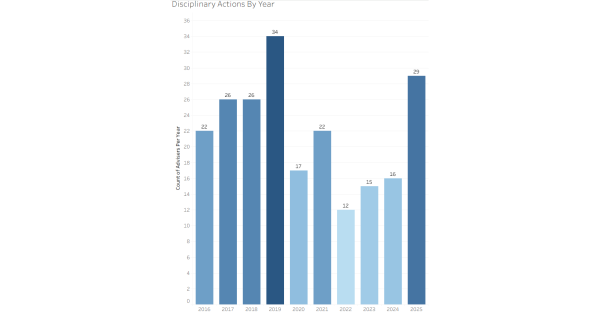Redesign the CSLR to spread the load says TAA

Funding of the excess Compensation Scheme of Last Resort costs should be spread across as many sub-sectors as possible including managed investments schemes (MIS) and with the Commonwealth pulling its weight, according to The Advisers Association (TAA).
In a submission filed in response to Treasury’s consultation around the CSLR exceeding sub-sector levy caps, the TAA said that while some submissions would seek to allocate blame to specific sub-sectors or MISs, it is the structure and funding of the CSLR that are to blame.
It said, on that basis, the status of the special levy needs to be weighed against the need for legislative change.
“While the legislative framework does not contemplate the Commonwealth making a financial contribution to deal with an excess claims, fees and costs estimate it is worth noting that the primary contributor to this year’s excess relates to Dixon Advisory claims,” the submission said.
“Consideration should be given to the Commonwealth excluding the Dixon liability and paying for those claims as they are not aligned with the non–retrospective intention of the legislation and relate predominately to vertically integrated financial product issues, not advice.
“Stronger action should also be taken against Dixon’s parent company, its directors and advisers to reduce the losses,” the TAA said.
Short of legislative change, the TAA submission argues that any special levy imposed by the Assistant Treasurer and Minister for Financial Services, Daniel Mulino needed to be spread as broadly as possible.
“…spreading any special levy across multiple sub-sectors would still be the preferred option and is likely to be more repeatable in future as it helps the longer term sustainability of the financial services industry,” it said.
The TAA submission argues from the outset that the there would be no need for a levy above the overall cap to deal with sub-sector excess estimates if the CSLR was designed to be fit for purpose and was a genuine last resort scheme.
“A genuine last resort scheme would ensure that early action was taken to minimise losses, action would be taken against directors and advisers, the licensees and other companies involved to increase recoveries of revenue and fees related to their and their associated companies’ activities and claims made would only cover genuine retail clients capital losses rather than be assessed on a ‘but for’ basis,” it said.
“Claims should be correctly and proportionally allocated to the sub-sector that is the root cause of the claim, which could include licensees, researchers, platforms, vertically integrated product providers and not just the advice sub-sector.”











there is just something inherently wrong with current and future advisers having to pay for past fk-ups.
it’s like charging the car sales person for selling you the Porsche you were caught speeding in – total BS